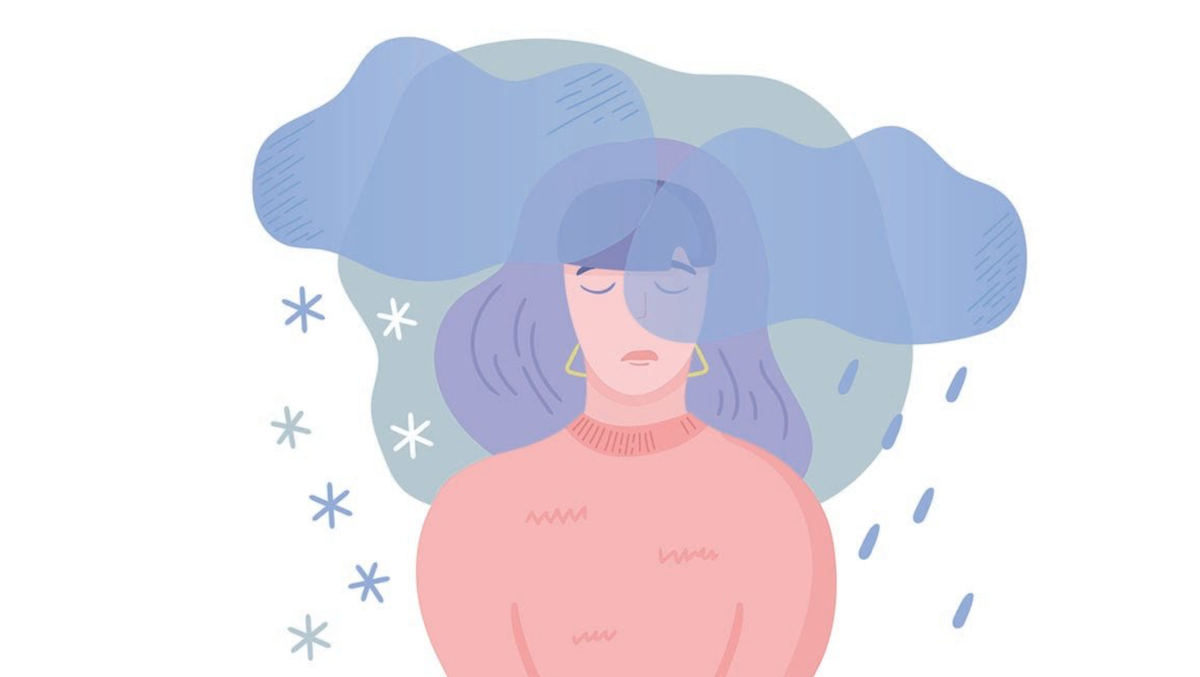Why do our feelings find facts so hard?

Over the weekend, I fell into a rabbit hole around the weird and disturbing world of QAnon. If you're not familiar with the conspiracy theory spreading meme machine, the BBC has a quick five-minute video to help understand it.
One of the things that stood out to me was the idea that you could believe something even when presented with facts that suggest the opposite. We all do it–it's why we buy things we don't need, fall for the wrong kind of romantic partner and vote for people who had previously betrayed our trust. But what's going on there? Why are our feelings so much better at directing our thoughts than facts?
Feelings, not facts 🫠
One of the leading researchers in the debate between facts and feelings is psychologist Ziva Kunda. In her lab, she carried out an experiment. She created an article that laid out evidence that coffee or other sources of caffeine could increase the risk to women of developing breast cysts.
Most people found the article pretty convincing, but the women who drank a lot of coffee? They weren't convinced. What Kunda found was that when evidence supports our preconceptions, we're a lot less likely to look for holes.
Psychologists call this motivated reasoning. This is the idea that we process information or look at a topic with the aim, conscious or unconscious, of reaching a particular kind of conclusion.
In a football match, for example, we're more likely to see fouls committed by the other team but overlook the sins of our own side. In essence, we are more likely to notice what we want to notice.
Now in most cases, this is harmless. But as we've seen recently, motivated reasoning can be manipulated, sometimes to terrible effect.
In the case of the QAnon conspiracies, belief has lead to action, and actions have lead to killings and multiple armed stand-offs. So what can we do about it?
Pausing before posting ⏸️
Thankfully, we don’t need to become emotionless processors of numerical information – just noticing our emotions and taking them into account may often be enough to improve our judgment.
Rather than requiring superhuman control of our emotions, we need simply to develop good habits. Ask yourself: how does this information make me feel? Do I feel vindicated or smug? Anxious, angry or afraid? Am I in denial, scrambling to find a reason to dismiss the claim? If any of those feelings start to bubble up, it's worth asking, why am I sharing this? Because it's true, or because I want to believe it's true?
Let's take an example. In the early days of the coronavirus epidemic, helpful-seeming misinformation spread even faster than the virus itself. One viral post – circulating on Facebook and email newsgroups – all-too-confidently explained how to distinguish between Covid-19 and a cold, reassured people that the virus was destroyed by warm weather, and incorrectly advised that iced water was to be avoided, while warm water kills any virus.
The post, sometimes attributed to “my friend’s uncle”, sometimes to “Stanford hospital board” or some blameless and uninvolved paediatrician, was occasionally accurate but generally speculative and misleading.
But still people – normally sensible people – shared it again and again and again. Why? Because they wanted to help others. They felt confused, they saw apparently useful advice, and they felt impelled to share. That impulse was only human, and it was well-meaning – but it was not wise.
Sadly, the internet is full of actors, both good and bad who are trying to get you to do something, and they're using your emotions to help spread their version of facts.
Today’s persuaders don’t want you to stop and think. They want you to hurry up and feel. Don’t be rushed.
Ok, where can I learn more? 📚
- The Guardian did a long read on this very subject - and it helped inspire this article.
- Mindvalley - a great mental health company - has done a quick video on how to win the battle between logic and emotion.
- How to Make the World Add Up by Tim Harford - this book explores the idea of how our emotions are being used to spread facts, and has a ton of examples from this year.





